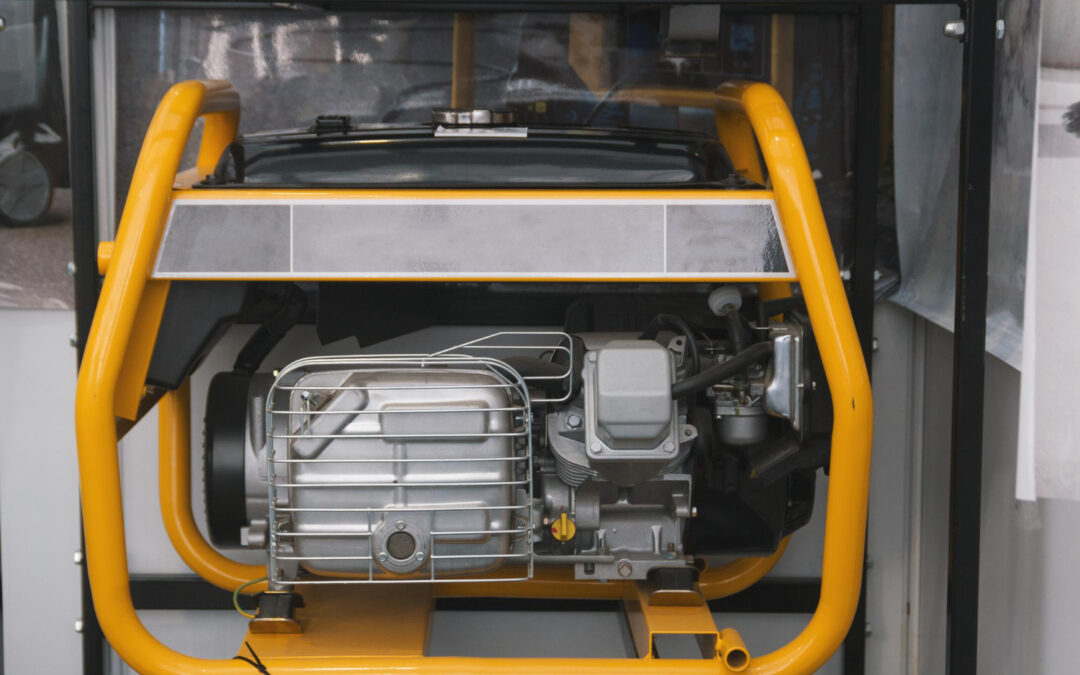When the power goes out, custom homes shouldn’t come to a standstill. More homeowners are thinking ahead and choosing to include backup generators as part of their new home plans. These systems provide support when the main electrical supply fails, keeping lights on, security systems active, and fridges cold.
The role of a backup generator has grown more noticeable over time, especially as homes become more connected and weather patterns stay unpredictable. It’s not just about comfort anymore. It’s about having something reliable in place to get through unexpected outages without stress. Custom homes have become personal retreats, workspaces, and safe zones, so having a backup plan for power just makes sense.
Why Power Matters in Custom Homes
Custom-built homes often come with a long list of thoughtful features designed to make daily life smoother and more enjoyable. From smart lighting systems and climate control setups to advanced kitchen appliances and whole-home Wi-Fi, nearly every corner depends on electricity to function properly.
When the power shuts off, it’s not just a blip. Without electricity, HVAC systems stop running, refrigerated food may spoil, and automated safety features might go offline. That kind of interruption can quickly shift a peaceful evening into a stressful situation.
A reliable backup system makes a meaningful difference. It protects what we’ve put into the home and helps life continue with less disruption. For families who work from home or rely on medical devices, steady access to power is more than a convenience—it’s part of their everyday needs. With the right setup, these homes stay livable even when the grid goes down.
Shelton Custom Homes builds with reliability in mind. Their design-to-build process means backup generators can be planned and integrated alongside other high-end systems, so your home’s features work together with the power supply in every season.
How Backup Generators Work
Backup generators are like quiet helpers, waiting in the background until they’re needed. The basic idea is simple. When the main power supply cuts out, the generator starts on its own, feeding electricity to the home until the utility service returns. Once everything’s back to normal, the system powers down automatically.
There are different types of generators to choose from. Portable models might cover a few items in a pinch, but for a new custom home, a whole-home generator is often the better choice. These larger, permanently installed units are connected directly to the home’s electrical panel and usually run on natural gas or liquid propane.
Having one in place during construction can make a big difference in how smoothly everything fits together. Planning early lets the builder sort out service panels, fuel lines, and outdoor placement in a way that looks and works better. Just as important, routine checks and proper upkeep help the generator do its job well, especially when the weather is at its worst or outages last longer than expected.
Working with a builder who takes care of the entire design and build process means every piece—from the generator to the main electrical panel—is handled by skilled professionals from start to finish.
Why They’re a Smart Fit for North Texas Homes
In North Texas, weather can flip quickly. Weeks of dry heat might give way to strong storms that move through fast and leave power outages behind. Ice in the winter and high wind in the spring or fall can shake up the grid too.
For homes in this region, having a backup plan for power isn’t an extra. It’s just practical. A working generator can keep the AC running during triple-digit summer days or make sure the heat stays on when overnight freezes hit. It keeps alarms active, garage doors working, and kitchens running like usual. That kind of grounding lets families stay safer and more comfortable while the neighborhood waits for the lights to come back.
Starting from scratch also gives homeowners the chance to do it right the first time. Builders in North Texas are used to designing with local weather in mind, which makes them an ideal partner when thinking through where to place a generator and how to work it into the layout. That keeps everything cleaner, clearer, and quicker to set up when it’s time to build.
Custom building projects by Shelton Custom Homes take local weather and backup generator integration into account from the earliest planning meetings, ensuring the home and its safety systems are ready for sudden outages.
What to Consider Before Adding One
Adding a generator sounds like a smart move, but it’s not something to tack on at the last minute. A little planning early on makes things easier long-term. Space is the first factor. Generators need room outdoors, often near the home’s electrical panel, but far enough from windows or vents to follow safety codes.
Next comes fuel. Most whole-home generators run on natural gas, meaning they’ll need to be close to a supply line, or propane, which requires a separate tank. Owners need to consider their access to either option and figure out the setup that fits best.
Noise is another thing to think about. Some units run quieter than others, but they’ll always make some sound when they’re working. Noise levels can affect where the unit gets placed or whether to add special materials to reduce sound.
Working with a builder or electrician during the planning phase helps avoid surprises. They can inspect the site, offer placement suggestions, and make sure everything lines up with local codes. This kind of setup is much smoother when it’s worked into the early stages of building rather than added after the home is already in place.
Built-In Confidence for the Long Haul
Whole-home backup generators give homeowners peace of mind, knowing they’re not left in the dark when the power shuts down. Instead of scrambling with flashlights or worrying about spoiled food, they can carry on like usual while repairs happen behind the scenes.
That kind of preparation offers more than convenience. It speaks to how fully a home supports the people inside it, day in and day out. For those building in areas where power outages are more than occasional flashes, a generator keeps everything running smoothly and steadily.
Planning for backup power during your home’s design and build process just makes sense. It helps make North Texas homes feel comfortable, safe, and ready for anything the weather brings.
Ready to ensure your custom home is prepared for every season? As a trusted custom home builder in Texas, Shelton Custom Homes integrates backup generators right from the start, safeguarding your home’s comfort and functionality no matter the weather. Explore how we design homes that are both beautiful and resilient. Discover how our commitment to quality and foresight makes a world of difference in your living experience.

